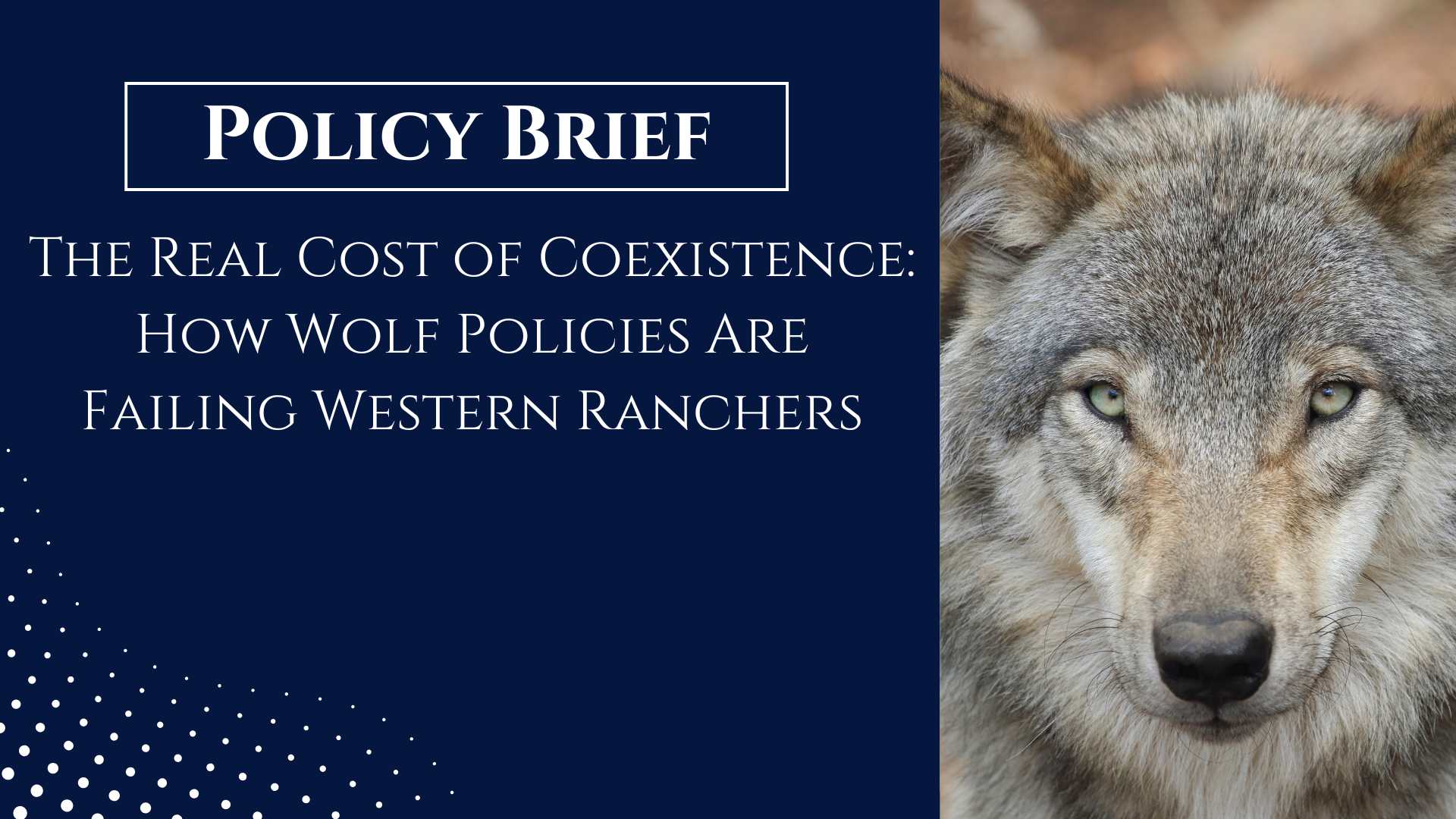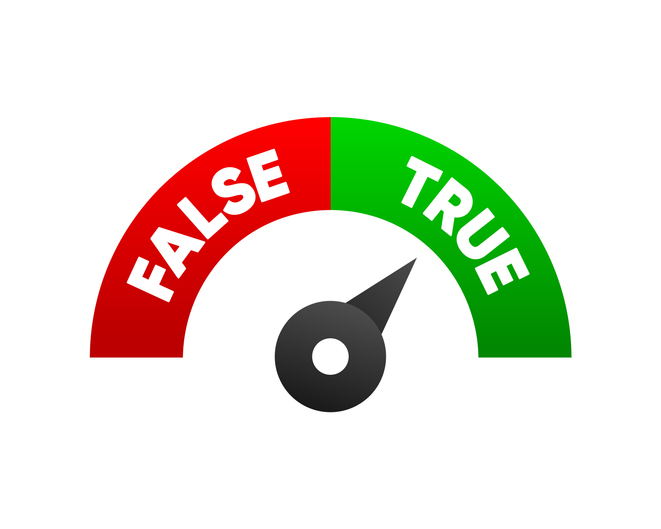The state’s new CO2 cap-and-trade system took effect January 1, and the cost to consumers may be substantial. Recent testimony from Washington State Department of Ecology staff shows how contentious the discussion has become, with staff admitting that businesses are saying that the “sudden increases may drive them out of business.”
Speaking before the State Senate Energy, Environment, and Technology Committee, Ecology staff took a combative tone, leveling several accusations at those who disagreed with them. At one point, the committee chair scolded Ecology staff, telling them to tone down the rhetoric and “keep it factual.”
During the hearing, Ecology staff repeatedly bounced between contradictory positions. Rather than providing information to the legislature that would help them provide oversight of the law they adopted, much of the recent testimony from Ecology staff involved word games and blame shifting.
Previously, we addressed some of the claims made by Ecology staff about implementation of the CO2 cap-and-trade system. Today we look at their claims about the potential cost of the system. Even as they were claiming it is difficult to determine the impact of the CO2 emissions tax on gas prices, the State of California and energy experts were doing exactly that.
Here are five primary claims made by Ecology staff regarding the potential cost of the taxes on CO2 – and why those claims are wrong.
“Some companies are imposing new surcharges and price increases on their customers. These surcharges are based on exaggerated compliance estimates.”
The most heated and contentious part of the hearing related to the potential price impact of the tax on CO2, with Ecology staffer Mr. Luke Martland accusing gas distributors of “price gouging” and the committee chair reining him in and telling him to “keep it factual” – something I’ve never seen in a legislative hearing.
In testimony and when answering questions, Ecology staff alternated between claiming with certainty that projections of 40 cents a gallon or more were “exaggerated,” and then claiming they couldn’t predict the price impact with “any kind of certainty.” They claimed to be experts at some moments, and ignorant on the same issue at others.
At issue is the projection that allowances will cost $58.31 per metric ton (MT) of CO2 on average in 2023, which translates to about 46 cents per gallon. That amount comes from Ecology’s very own study, and the estimates for the “primary scenario,” which models “the proposed rule’s contents and most-likely market attributes” (emphasis mine).
At one point in the hearing, Mr. Martland referred to this projection as the highest estimate. That is not true. It is the likely scenario according to their own study. It could turn out to be inaccurate, but to claim it is the highest or exaggerated estimate is dishonest.
Additionally, Washington’s cap-and-trade system has a minimum and maximum price for allowances. The minimum price is $22/MT and the maximum price is $81/MT. A $58/MT price is just over halfway between the two limits. Using Ecology’s own boundaries, the $58 estimate is almost exactly in the middle.
If Ecology staff believe that $58/MT is too expensive, they can do something about it. They could ask the legislature to lower the price cap to a more reasonable amount, like $30/MT. Bringing the maximum price down would allow them to guarantee that the cost projections they call “exaggerated” would not occur. Until they do something to keep prices low, their protests are empty rhetoric.
“The difference might be if you are assuming 100% [of direct costs] pass through. Some entities might decide to do that. Other entities might decide not to do that, and therefore gain a competitive advantage. In other words, pass through less of their direct costs, eat into some of their profit margin…”
This was the moment of most candor from the two Ecology witnesses. They admitted they were assuming that fuel distributors wouldn’t “pass through” the full amount of the tax to their customers. They used this assumption to defend their claim that the cost impact of the tax on CO2 emissions would be far lower than economists and other jurisdictions estimate.
History and research shows Ecology is wrong. As noted below, gas prices in California have increased to reflect the changes in the cost of CO2 allowances in their cap-and-trade system. Additionally, a study last year of gas tax holidays found that when states offered gas tax holidays, the savings were mostly passed on to consumers. Other studies, including this one from Washington State University, found that state-based taxes on gasoline were passed on entirely to consumers. These studies show that when taxes on gasoline are increased or decreased, the price at the pump is highly responsive. The notion that fuel distributors eat most of the cost isn’t borne out by the data.
Interestingly, Ecology staff admitted the cost of CO2 allowances may equate to 46 cents per gallon, but they believe fuel distributors will choose to eat some of that cost. They testified, “We’re assuming that different entities will make different decisions.” This is possible, but Ecology staff must justify and defend what percentage they assume will be passed through, especially since energy economists and the state of California say it is wrong.
This critical assumption underlies most of their hyperbole and accusations. Essentially, they accuse companies of "price gouging” while failing to explain why they think prices should be lower.
Some claim “Their [California’s] cap-and-trade program has led to 20 cents more per gallon. I don’t know that you can establish that direct connection.”
This is perhaps the clearest example of how Ecology staff use strategic ignorance to hide the impact of their policies.
When asked why the Department of Ecology predicts an increase of only five cents per gallon when California indicates the same price on CO2 increases gas prices 20 cents, Ecology staff argued legislators couldn’t claim California’s cap-and-trade system caused the price increase. It is not clear if Ecology staff believe this claim, but if they do, energy experts and the State of California disagree.
The California Legislative Office writes that the “state’s cap-and-trade program affects gasoline prices because it requires fuel suppliers to purchase permits that cover greenhouse gases emitted when the fuel is burned” – exactly the system we now have in Washington state. LAO staff go on to note, “We estimate that this currently adds 21 cents per gallon to the price of gasoline.” They are very clear about a direct connection.
So, too, is Severen Borenstien, a researcher at the Haas Energy Institute at the University of California Berkeley. He also served on California’s Emissions Market Assessment Committee, which advised the state in the creation of their cap-and-trade system. Just one day before Ecology staff claimed no connection could be made between California’s cap-and-trade system and gas prices, Borenstein wrote that in California “we not only have the cap and trade program, but also the Low Carbon Fuel Standard and a fee for cleaning up leaking underground storage tanks, which total about 30 cents per gallon.” The tank fee is two cents per gallon, meaning the cap-and-trade and LCFS add 28 cents per gallon.
James Bushnell of the University of California Davis comes up with the same numbers. In an interview with the Spokesman-Review he noted that “the cap-and-trade program adds about 15 to 20 cents per gallon to gasoline in California” depending on the price of permits over the past several years.
This is not a controversial or unresolved topic to anyone but the Washington State Department of Ecology. Everyone else – including those directly overseeing cap-and-trade systems elsewhere – acknowledge the connection.
“I don’t think we’ve ever said this is the exact amount it will increase price at the pump. What we’ve talked about is ranges.”
While claiming estimates of the potential cost of the CO2 cap-and-trade were wrong, Ecology claimed they were careful not to offer specific predictions, but only a range.
Technically this is true. In several media interviews, most recently in the Spokesman-Review, they claimed the cost “likely will hover around 1% of the baseline cost for a gallon of gas through the next decade.” That translates to between 4 and 6 cents per gallon for a decade. Saying it could be anywhere from 4 to 6 cents per gallon is a “range,” but that stretches the term.
The volatility in California, Europe, and other places that have cap-and-trade systems has been significant. The notion that the cost at the pump would remain within a two-cent range for a decade is not credible based on experience in other jurisdictions. And with the admission by Ecology staff that some companies are already adding surcharges of 40 cents per gallon, they are being proven wrong in real time.
“In a competitive marketplace this is not the behavior that we would expect to see. … we would expect to see fuel suppliers leverage their competitive advantages to be able to lower the price maybe just a little bit below their competitors.”
In a final attempt to blame the increased prices consumers are already seeing on fuel distributors and not the impact of the new taxes on CO2, Joel Creswell claims that in a “competitive market” businesses would find ways to change their businesses to offset the cost increases he admits they face. Assuming this is a real argument (and not a cynical attempt to shift blame), it is another example of how little some in government actually know about how businesses and markets work.
First, the new system has been in place for two weeks. The claim that businesses should have already figured out how to adjust to such a wide ranging and complex system is unreasonable. Given a year and a half, Ecology wasn’t able to put the system in place in time for the auctions to occur before the law took effect. They ask us to understand their failure given the complexity of the system, but then demand that companies sort out all of the implications and adjust to it within two weeks.
Independent of new costs, either from inflation or taxes, businesses work every day to reduce costs and become more competitive. There isn’t a pool of “competitive advantages” that can suddenly be leveraged that businesses are holding in abeyance.
Second, as we have noted above, numerous economic studies demonstrate that taxes on fuel are passed through directly to consumers. Having businesses pass taxes on to consumers is exactly the behavior that we would expect to see. Indeed, it is the behavior that politicians who designed the system want to see to create an incentive for consumers to switch away from CO2-emitting fuels. To feign surprise that this is exactly what is happening is strange.
Contrary to the claims of Mr. Creswell, this is precisely what we expect to see from businesses when a new tax with uncertain costs and impacts is imposed on them.





